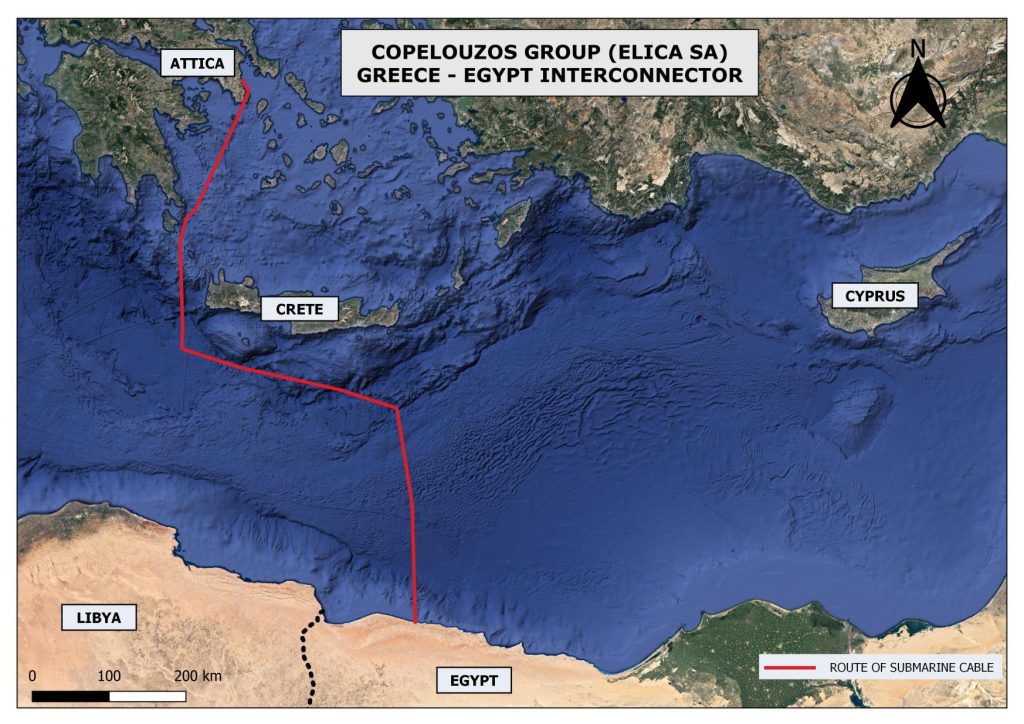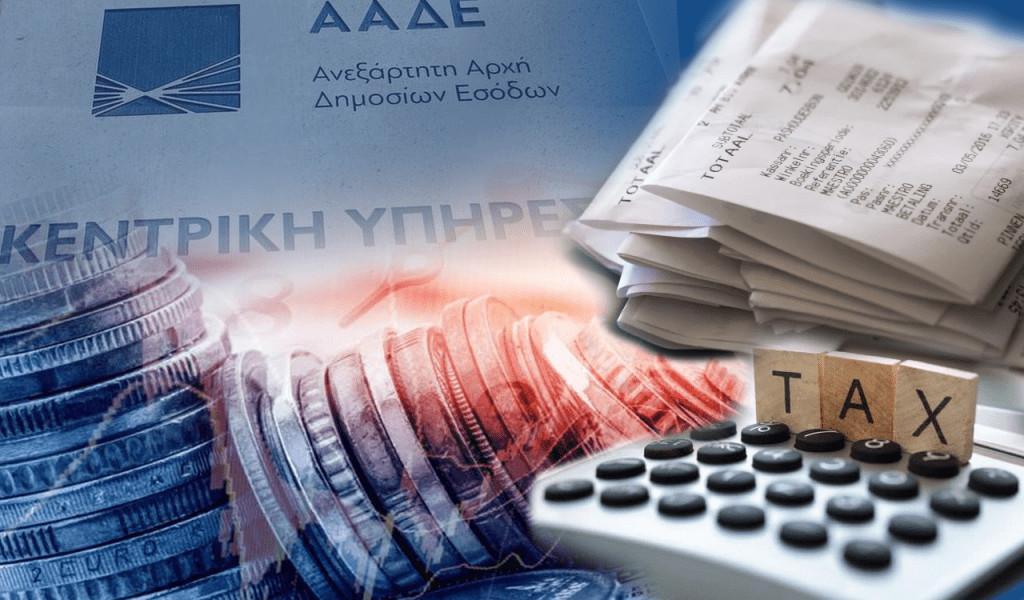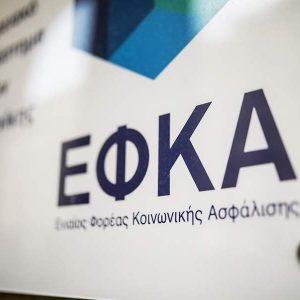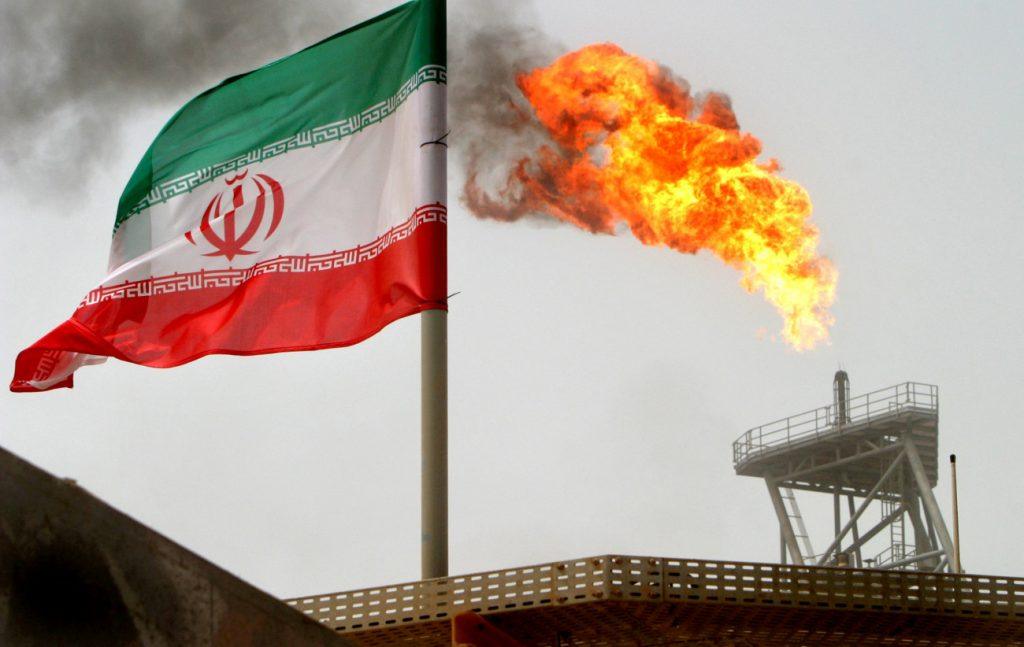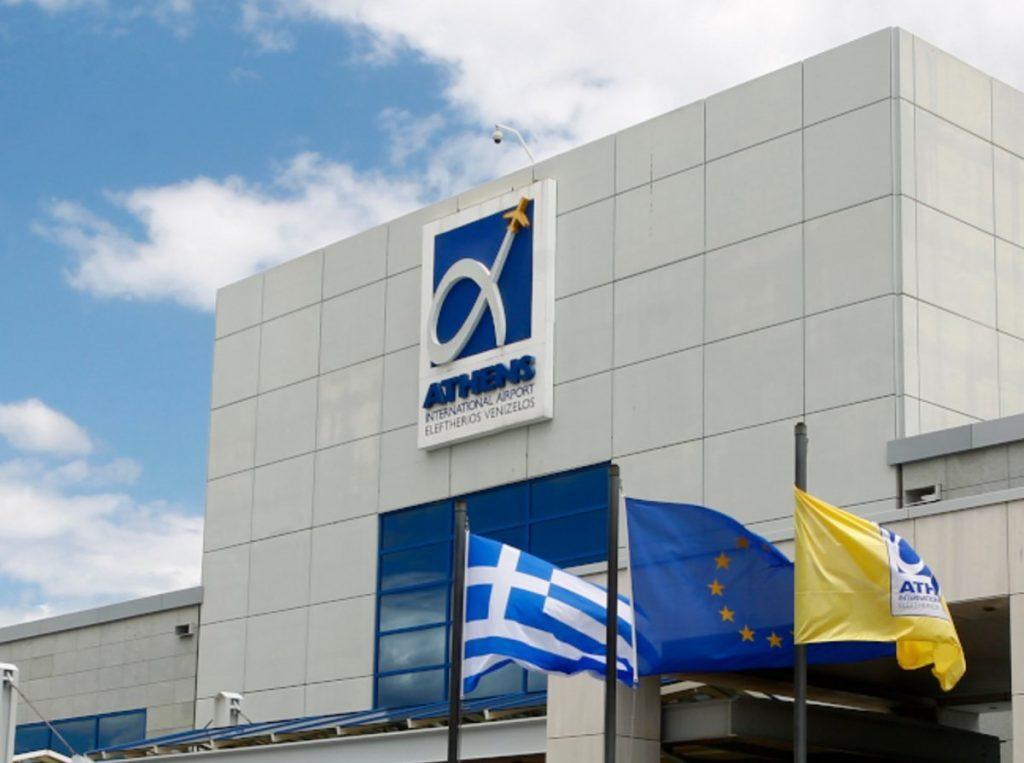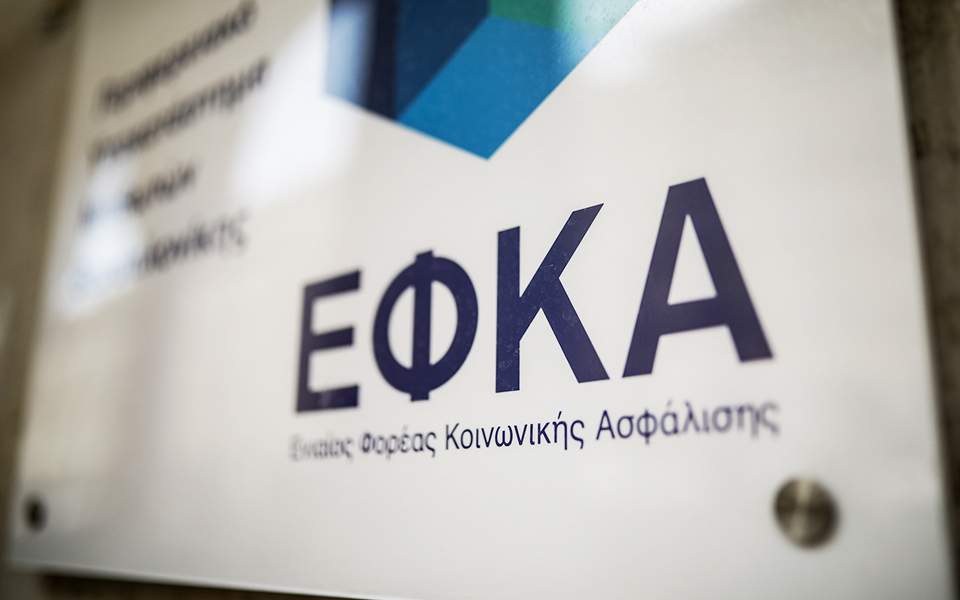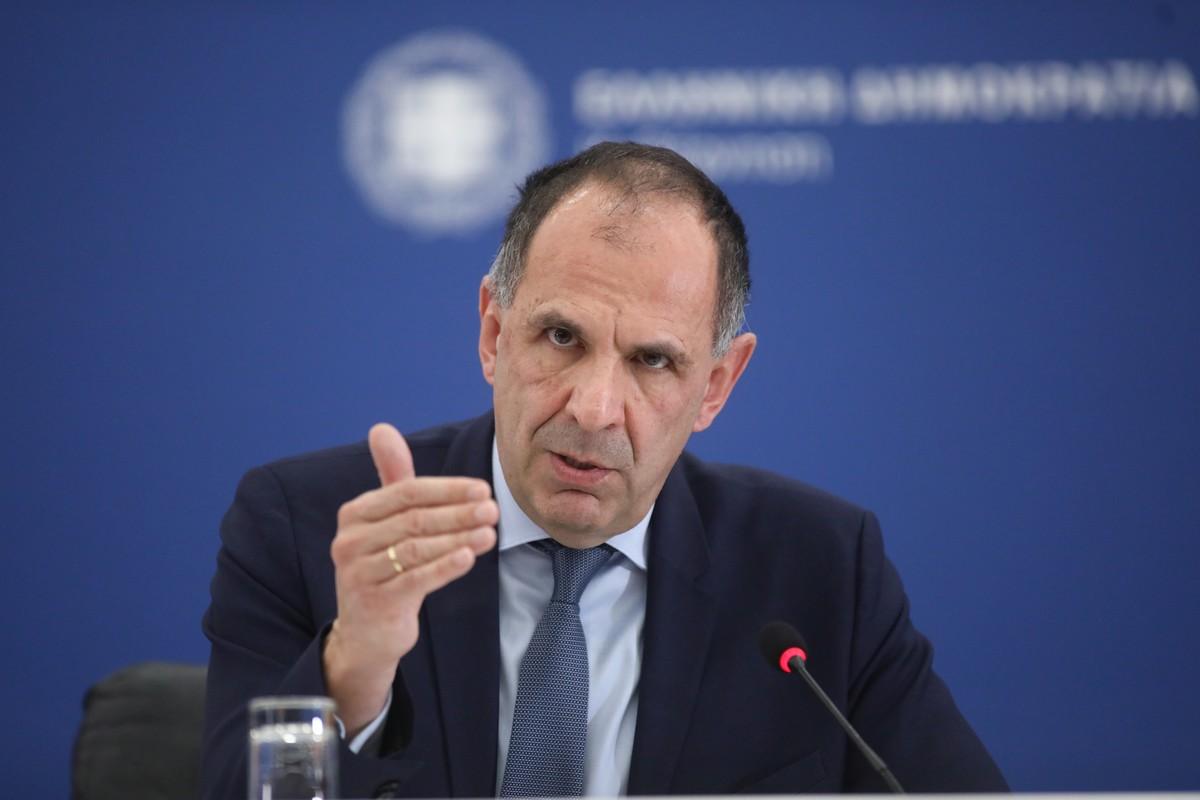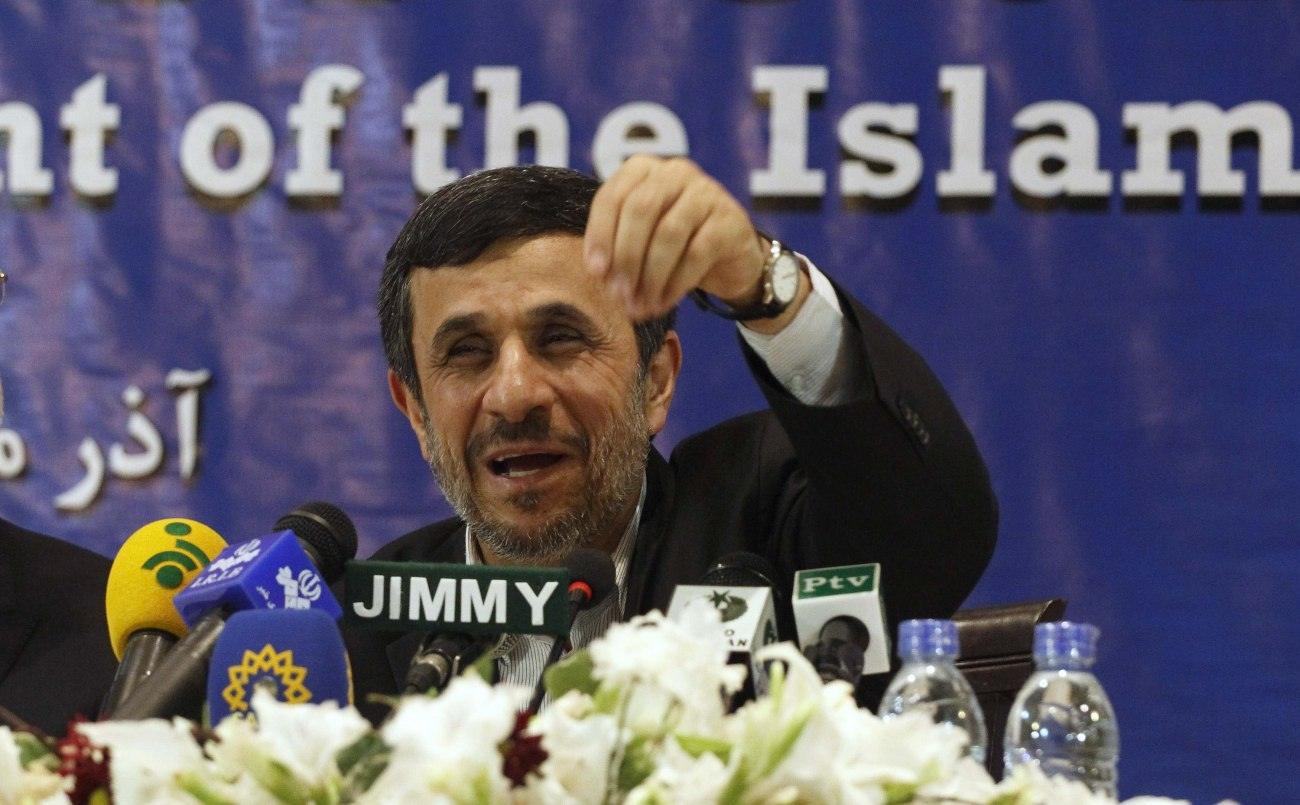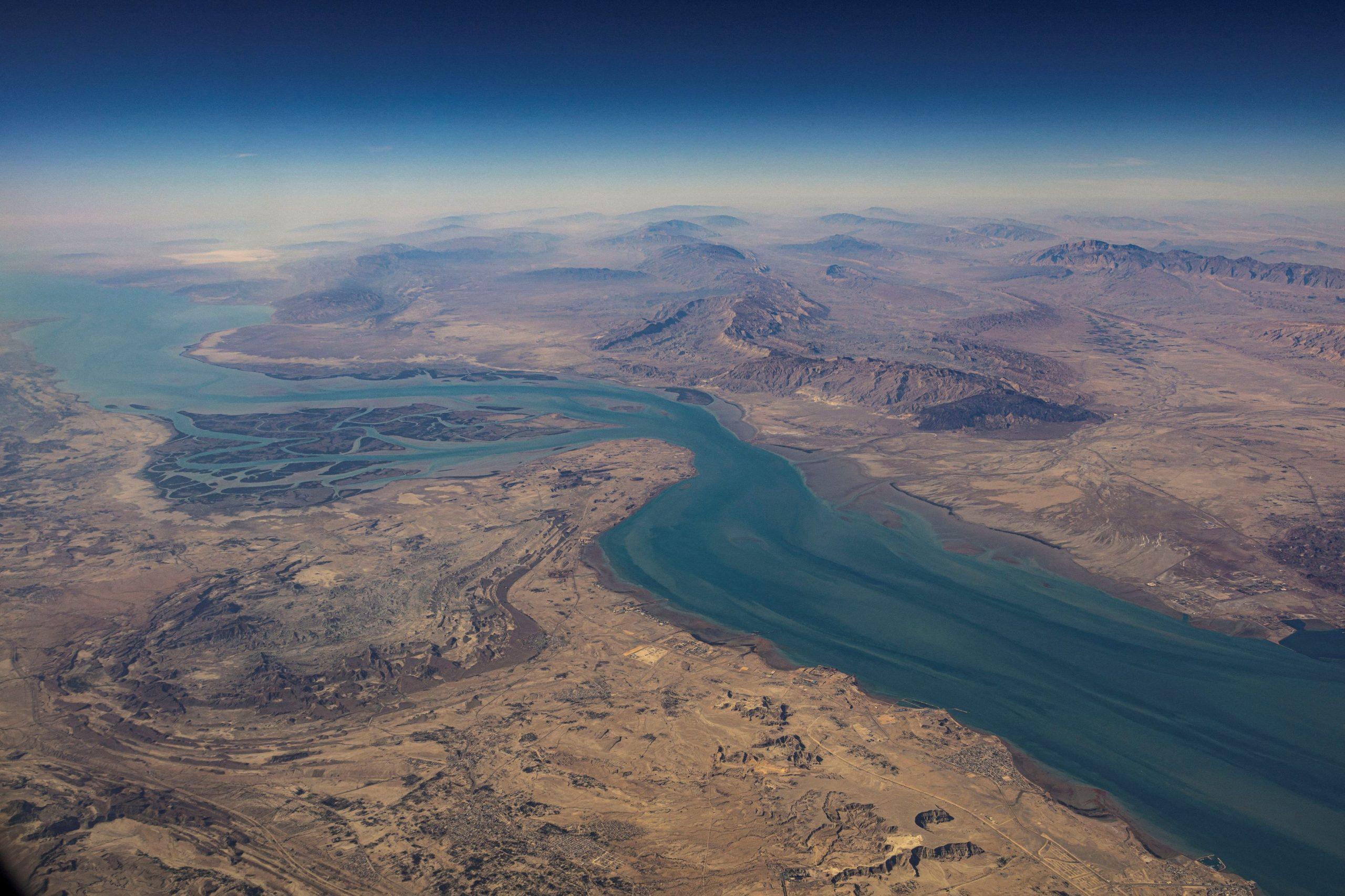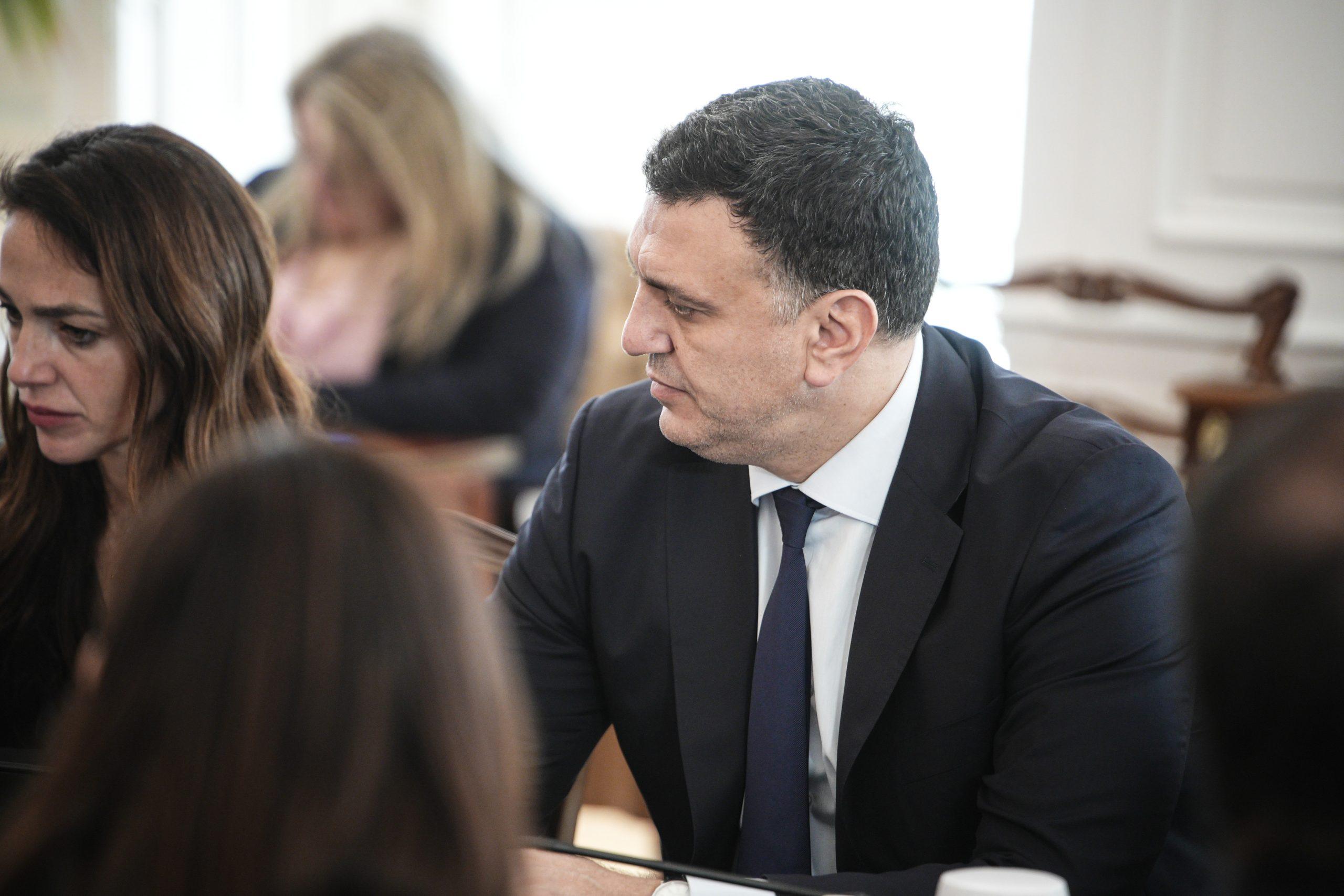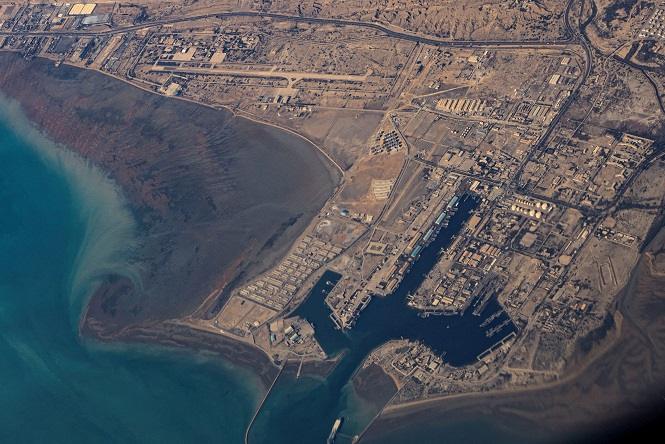Support for the Greece–Egypt electricity interconnection (GREGY) is growing rapidly as Europe scrambles to replace energy routes vulnerable to political pressure. The project promises a direct link between North Africa’s abundant renewable energy and the European grid — a development analysts see as a turning point for regional cooperation and energy independence.
According to a recent analysis by the Middle East Forum, GREGY strengthens ties between two trusted partners while advancing U.S. interests in energy security, market openness, and system resilience. The article highlights that recent agreements between Athens and Cairo have laid the groundwork for implementation, with both countries’ transmission operators and Greece’s Copelouzos Group preparing the next steps.
Now officially recognized by the EU, the project is included in the bloc’s list of funded cross-border electricity interconnections. Once complete, the Greece–Egypt Interconnector will carry up to 3,000 megawatts of renewable power from Egypt to Europe via Greece.
The benefits are shared: Egypt expands its solar and wind generation capacity, while Greece offers access to the European market. The link shortens the path between production and consumption, channels low-cost energy northward, and helps stabilize supply. It also complements existing natural gas flows — with gas moving west to Egypt for processing and export, and electricity moving north to balance the system. The result: lower emissions, reduced dependency on pipelines, and greater regional resilience.
For Europe’s consumers, the analysis notes, GREGY offers relief from volatile prices and supply uncertainty. For Egypt, it ensures long-term buyers and investment in local infrastructure. For Greece, it strengthens its position as a regional energy hub.
Beyond its economic logic, the project also carries geopolitical weight. It provides an alternative to Iranian and Russian energy sources — and to Turkish transit routes often linked to both. As more Mediterranean interconnections take shape, including the planned Cyprus–Greece–Israel line, Greece emerges as a key node in a new, diversified energy map — one that aligns European, regional, and U.S. strategic interests.
Source: tovima.com
